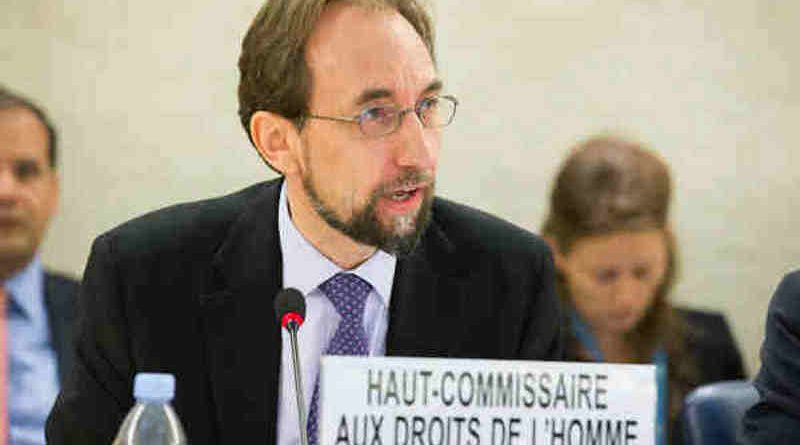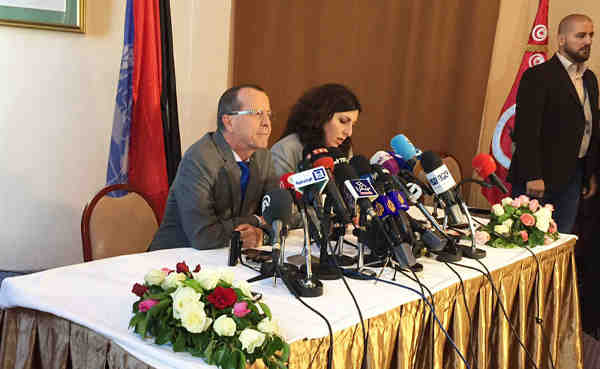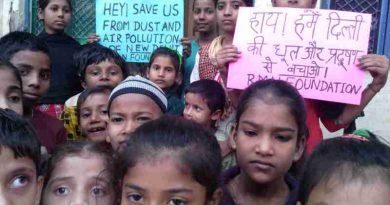UN Experts Urge India to Revise New Anti-Trafficking Bill

India must revise planned new legislation to tackle trafficking in persons to ensure the measures it proposes are in line with international human rights law, two UN experts* said Monday.
“We are gravely concerned about the Bill as presented by the Government to the Indian Parliament on 18 July. Its focus on addressing trafficking from a criminal law perspective is not sufficiently complemented by a human-rights based and victim-centred approach, and this risks further harming already vulnerable individuals,” the UN experts said.
“Trafficking in persons is primarily a gross human rights violation. However, the Bill over-emphasises the criminal response and does not give due consideration to the rights and needs of victims and their effective protection and proper rehabilitation.
“The development of an appropriate legal framework that is consistent with relevant human rights standards is key not only to ensure that victims are identified, assisted and referred to appropriate protection services, but also to guarantee more effective investigation and prosecution of perpetrators,” the experts added.
Research Report on Corruption in India
A new research report reveals various aspects of corruption in India with a focus on housing societies. You can click the following link to download the report.
[ Click here to download the report on corruption in India ]
“The proposed Bill seems to promote ‘rescue raids’ by the police, and the institutionalisation of victims in the name of rehabilitation, rather than applying appropriate screening methods and standard operating procedures for the identification and referral of victims or potential victims of trafficking and social integration programs which are respectful of their rights.”
Other problematic aspects include an “over-broad and vague nature” of some of the Bill’s provisions, which could lead to blanket criminalisation of activities that do not necessarily relate to trafficking.
“We are also concerned that the Bill may conflate sex work with trafficking for the purpose of sexual exploitation, which is not in line with the Palermo Protocol definition.
[ UN Office Stands by Its Report on Human Rights Violations in Kashmir ]
“Similarly, the Bill seems to conflate trafficking and smuggling of migrants by adding the aggravated circumstance of ‘encouraging or abetting any person to migrate illegally into India, or Indians to some other country’. This may lead to the criminalisation of all irregular migrants, including victims or potential victims of trafficking, who, because of a lack of safe, orderly and regular migration channels, are forced into the hands of smugglers or traffickers,” the experts stressed.
The prolonged detention of irregular migrants, especially women and children, including potential victims of trafficking not promptly identified, has already been raised in a previous communication to the Government.
The experts pointed out that such treatment was in contrast with current international efforts, including the Global Compact on Migration, which aims at addressing protection gaps for migrants in vulnerable situations.
“We also regret that provisions requiring the central government to allocate a budget to the rehabilitation fund for victims of trafficking, as well as to put in place accountability mechanisms and periodic revision of protection systems included in the previous drafts have not been retained in the current Bill,” the experts warned.
“We urge the Indian Parliament to revise the Bill in accordance with human rights law, including the OHCHR Recommended Principles and Guidelines on Human Rights and Human Trafficking, in consultation with civil society organisations, UN agencies and other relevant partners,” the experts emphasised.
*The experts: Ms Maria Grazia Giammarinaro, Special Rapporteur on trafficking in persons, especially women and children; Ms Urmila Boola Special Rapporteur on contemporary forms of slavery, including its causes and consequences.




